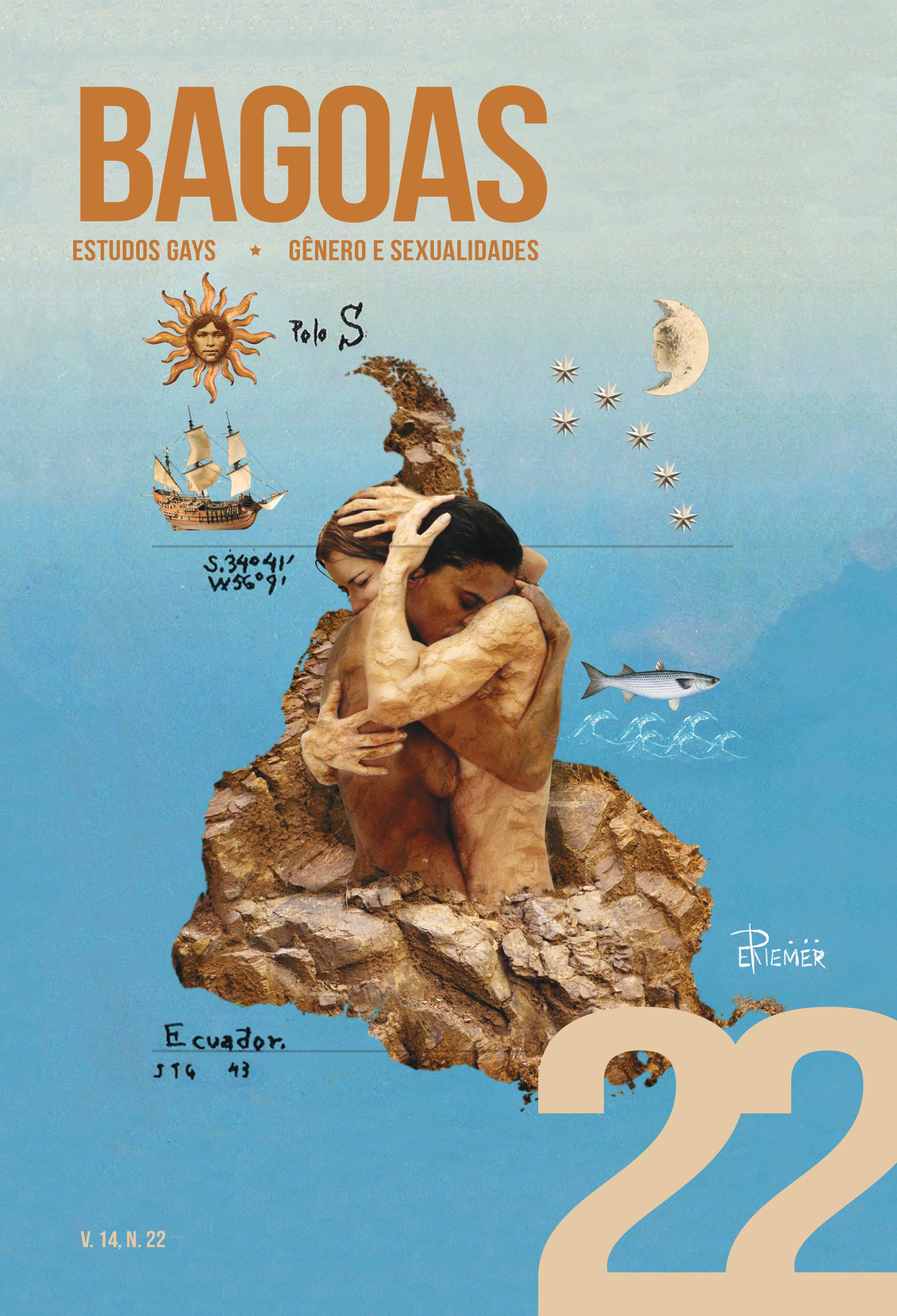Discriminación homoafectiva en España: un levantamiento histórico de sensibilización e inspiración
Resumo
El estudio tiene como objetivo el empleo del modelo español como fuente de inspiración para la sociedad brasileña en cuestiones de inclusión de las personas homosexuales y combate a la discriminación por orientación en el país. Como alternativa, se presentó la enseñanza en las Universidades españolas en la promoción de la sensibilización académica para temas de género y orientación sexual, destacando la actuación de la Universidad de Salamanca como referencia en políticas de igualdad e inclusión de personas en situación de exclusión social. Para eso ha sido realizada una investigación basada en fuentes bibliográficas que retrataron la condena de la homosexualidad en España en el período de la Dictadura de Franco (1939-1975) hasta la legalización del matrimonio entre personas del mismo sexo de 2005. Para la investigación ha sido empleada una metodología basada en la fuente bibliográfica multidisciplinar, con relación con el arte, el derecho, la historia, la psicología etcétera. Como indagaciones el estudio buscó algunas respuestas: ¿Cómo ha sido tratada la homosexualidad en España durante el período de la Dictadura de Franco? ¿Existió condena de la homosexualidad en normativa específica en el período? ¿Frente a la discriminación del Régimen Franquista hubo movimientos sociales que lucharon contra el sistema en el Reino de España? ¿Es posible citar algunos de estos movimientos? ¿En qué consistió la Ley 13/2005? ¿Con base en los preceptos de la igualdad previstos en esa normativa, hubo en el espacio académico español cambios en la enseñanza en tema de inclusión de minorías?


 English
English Español (España)
Español (España) Português (Brasil)
Português (Brasil)

